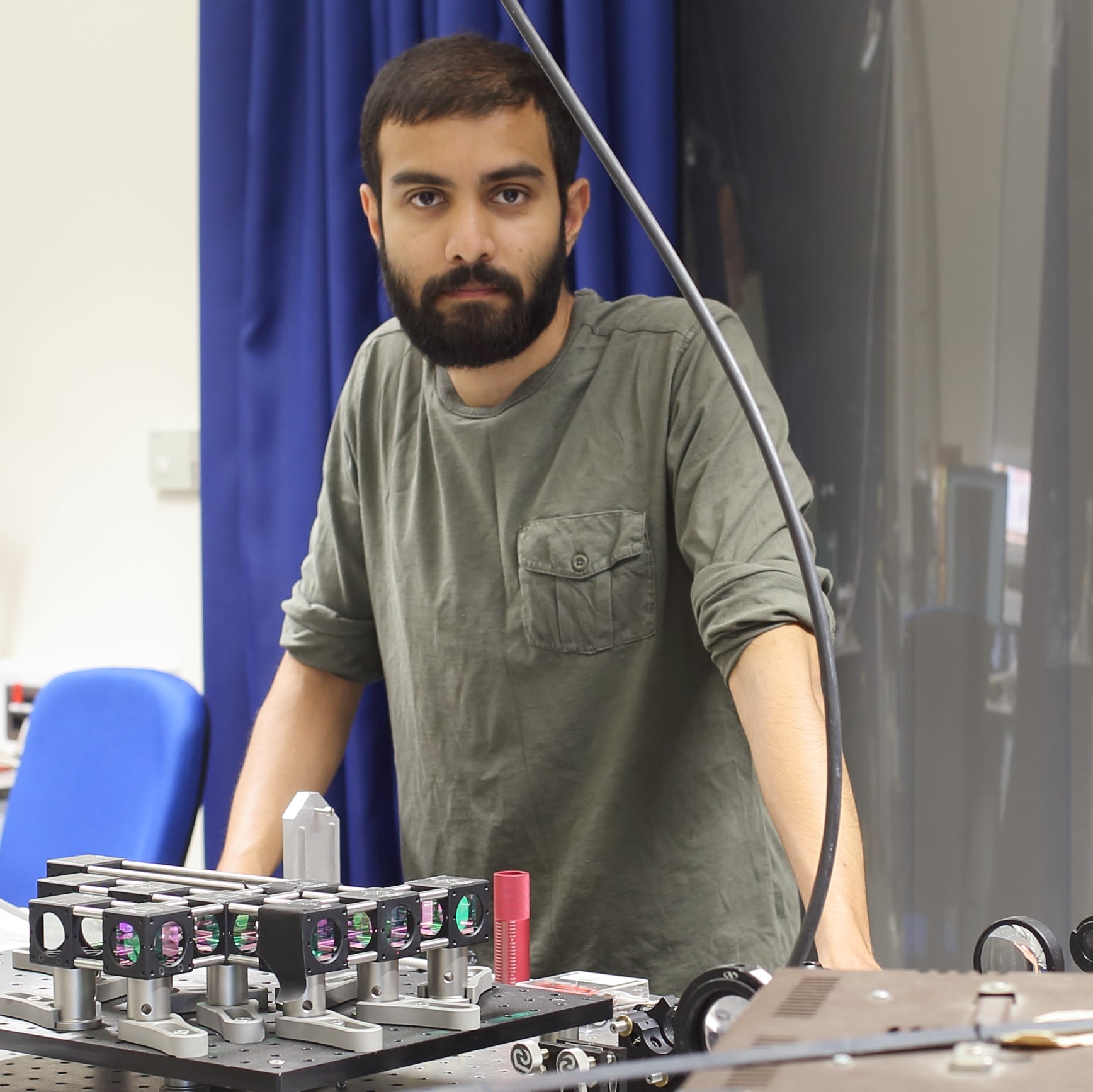The majority of graduate students (about 110 are accepted each year) carry out research at the Cavendish Laboratory towards a PhD degree.
For admission to the PhD the Faculty Board normally requires applicants to have achieved the equivalent of a UK Masters (Pass). Applicants should obtain the equivalent of:
- at least a 2:i in a UK four-year “undergraduate Master’s” (Honours) degree, OR
- at least a 2:i in a UK three-year Bachelor’s (Honours) degree plus a relevant one/two -year UK Master’s degree.
All applicants are assessed individually on the basis of their academic records.
At least nine consecutive terms of residence (about 3 years) in the University are normally required for the PhD degree. It is possible, however, for a graduate student to apply for dispensation for up to six terms of residence if it is desirable that part of the student’s work should be carried out elsewhere, for example in an industrial research laboratory.
Final examination involves the submission of a thesis of not more than 60,000 words followed by an oral examination (or viva) of the thesis and the general field of physics into which it falls.
Successful applicants are assigned to a research supervisor, a specialist in part or all of the student’s chosen research field, and joins a research group which might vary in size between 4 and 80 individuals. Although the supervisor is responsible for the progress of a student’s research programme, the extent to which a graduate student is assisted by the supervisor or by other members of the group depends almost entirely on the structure and character of the group concerned. The research field is normally determined at entry, after consideration of the student’s interests and facilities available.
A list of current research projects is published and available on the research pages of our website, and more detailed information about specific research areas can be obtained from the relevant academic staff. The student, however, may work within a given field for a period of time before his or her personal topic is determined.
There is no requirement by the University of attendance at formal courses of lectures for the PhD. Graduate work is largely a matter of independent research and successful graduates require a high degree of self-motivation. Nevertheless, lectures and classes may be arranged, and students are expected to attend both seminars (delivered regularly by members of the University and by visiting scholars and industrialists) and external conferences. In addition, graduate students carry out first- and second-year physics undergraduate supervision and assist with practical work and theoretical examples classes in the Department.
Lectures within all the faculties of the University are open to any member of the University, and a physics graduate student has the opportunity of attending lectures not only within the undergraduate Physics and Theoretical Physics course, but also in any other subject area or faculty.
Why I chose to study for a PhD at the Cavendish Laboratory



